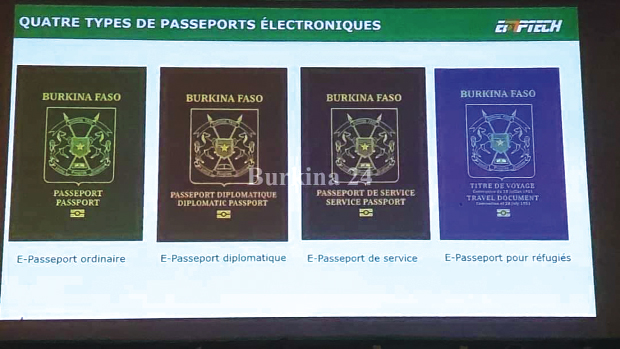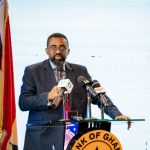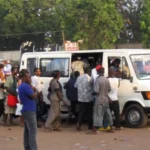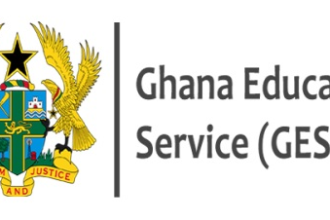Burkina Faso’s junta has introduced a new biometric passport that omits the ECOWAS logo, officials announced on September 4, 2024.
The new passport, featuring an electronic chip, offers advanced data storage and enhanced security.
“This new document enables online pre-registration, flexible registration whether online or offline and instant data transmission to embassies,” explained Security Minister Mahamadou Sana.
The minister confirmed that existing passports will remain valid until their expiration, while applicants for the new biometric version will pay a fee of 50,000 West African CFA francs ($84.46).
However, he noted that additional services linked to the new passport may incur extra charges.
The passport, made from polycarbonate, was developed by the Chinese company Emptech, according to Parfait Loure, head of the National Identification Office (ONI).
Loure highlighted that Burkina Faso is the first West African nation and the 10th in Africa to adopt this state-of-the-art identification technology, in line with international civil aviation standards. The move comes after a process that began in 2022.
The new passport reflects Burkina Faso’s decision to withdraw from ECOWAS in 2023, alongside Mali and Niger, following the bloc’s threat of military intervention in response to a coup in Niger.
Since then, these three countries have united to form the Alliance of Sahel States (AES) and have created a joint military force to tackle the security threats posed by terrorist groups in the region.
Despite its exit from ECOWAS, Burkina Faso’s passport remains robust, ranked 78th globally and offering visa-free access to 60 destinations, including current ECOWAS member states, according to the Henley Passport Index.
ECOWAS has voiced concerns that the departure of Burkina Faso, Mali, and Niger could disrupt the free movement of people and goods within the bloc, potentially affecting its 400 million citizens.
Nigeria’s President Bola Tinubu, who currently chairs ECOWAS, has been actively urging the three countries to reconsider their withdrawal, highlighting that the organization is still open to maintaining positive relations.
















